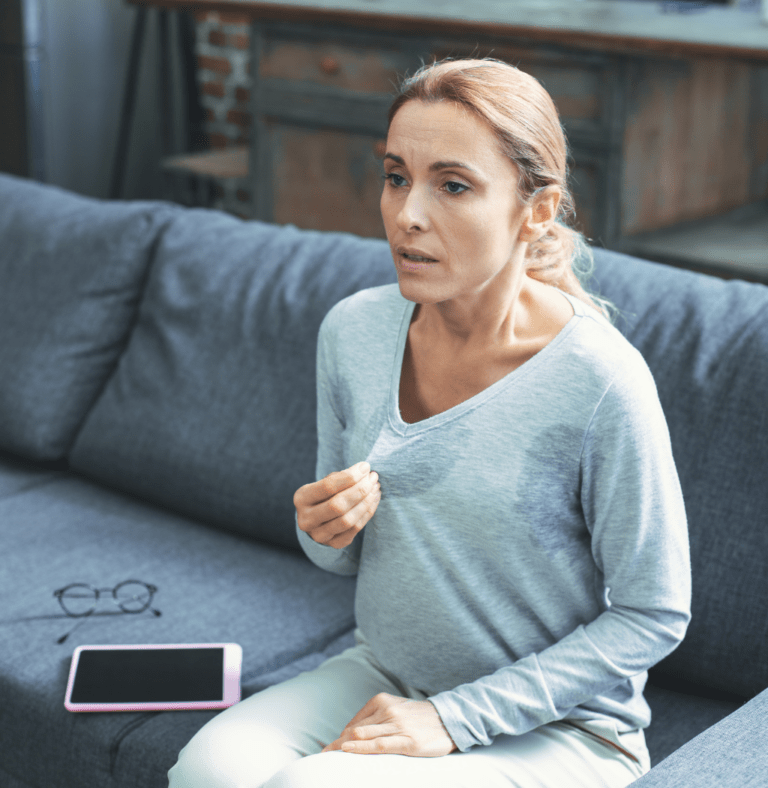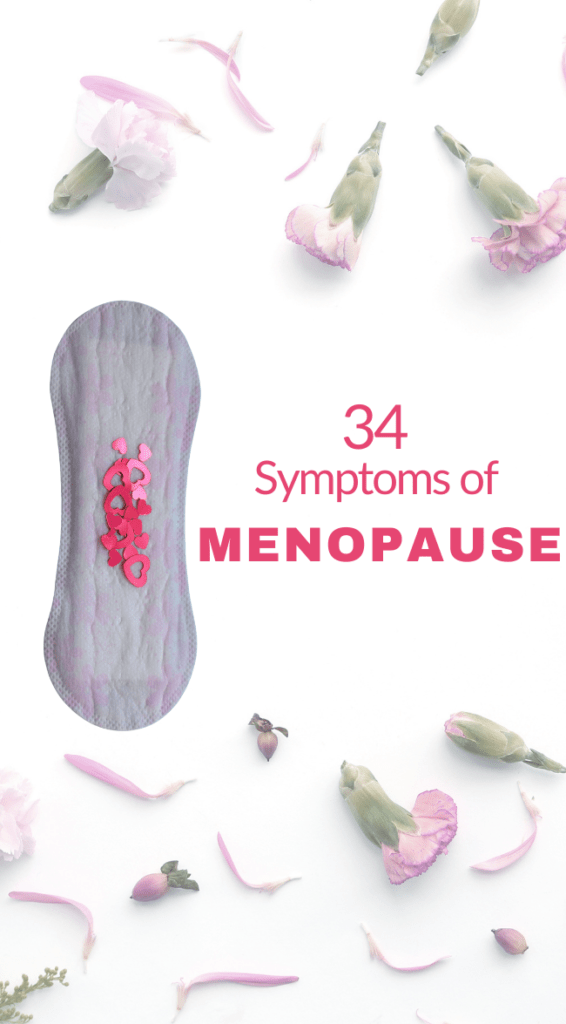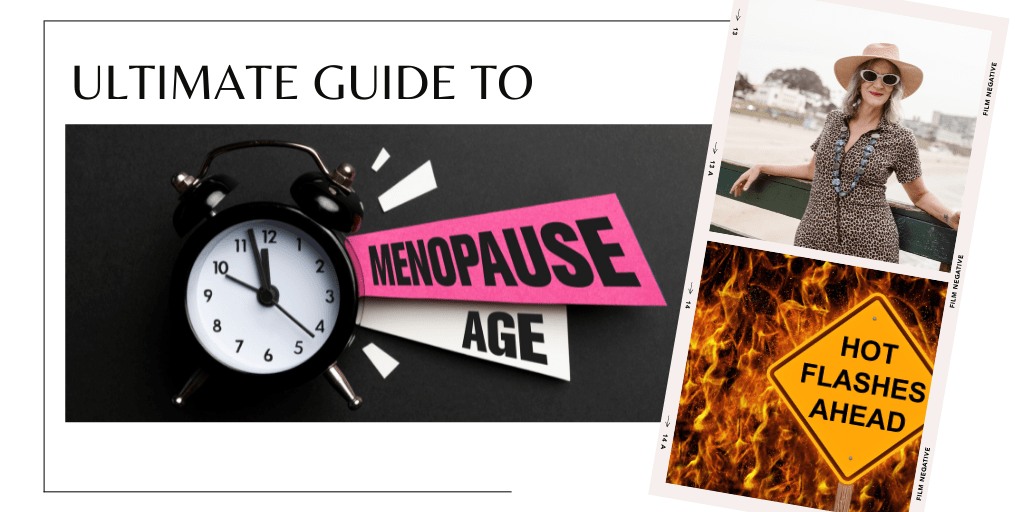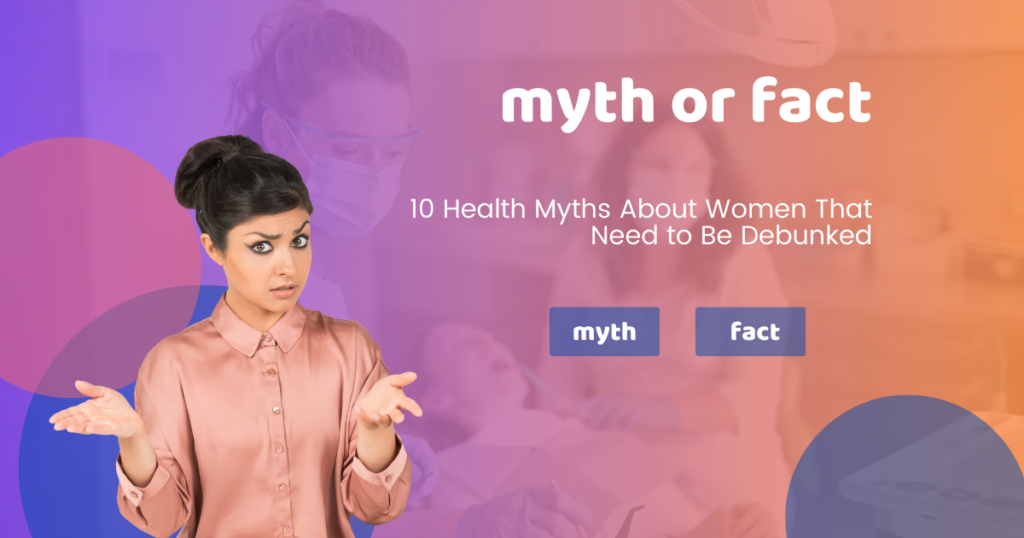Menopause: The Facts you Need to Know
Women’s body experiences different reproductive stages, starting with menstruation and ending with Menopause. Unlike in menstruation, where women experience monthly periods, Menopause is the opposite. Experts define Menopause as the absence of periods for 12 consecutive months. At this stage, women cannot be reproductive or get pregnant naturally. Usually, Menopause occurs between the age of 45 and 55. However, some women may get to the menopause stage early or late.
Like the menstruation stage, Menopause comes with uncomfortable symptoms such as weight gain, hot flashes, mood swings, and much more. The menopause symptoms may not need medical attention. However, you can always get medical treatment if the symptoms are becoming too distractive.
So, when does Menopause Begin?
Menopause is a complicated biological process and its occurrence time differs from one woman to another. Some factors determine when you’ll experience your Menopause, such as ovary health and genetics. Although the median menopause age is 51, Black and Latino women experience it up to 2 years earlier. Some women start experiencing menopause symptoms even 10 years before Menopause occurs.
Usually, hormones start preparing for Menopause early through a process known as perimenopause. Many women experience the perimenopause stage in the 40s or earlier. Some women skip the perimenopause stage to get into Menopause. Others experience early Menopause, known as premature Menopause, which occurs before the age of 40.

3 Stages of Menopause
Stage before the actual Menopause where periods become irregular.
This is the actual stage where menstruation disappears for 12 consecutive months.
It is the stage of life after you have not had a period for 12 months or longer.
What are the 34 symptoms of Menopause?

The symptoms vary from one woman to another. Ovary health conditions such as cancer and lifestyle choices such as smoking enhance the severity of the symptoms.
Physical
- 1. Hot flashes
- 2. Night sweats
- 3. Irregular periods
- 4. Low sex drive
- 5. Vaginal dryness
- 6. Change of taste
- 7. Regular fatigue
- 8. Increased bloating
- 9. Itchiness
- 11. Sleep disturbances
- 12. Memory lapses
- 13. Thinning hair
- 14. Weight gain
- 15. Brittle nails
- 16. Allergies
- 17. Dizzy spells
- 18. Irregular heartbeats
- 19. Increased body odor
Psychological
- 20. Increased anxiety
- 21. Panic Disorder
- 22. Depression
- 23. Irritability
- 24. Mood swings
- 25. Stress
Pains
- 26. Breast Pain
- 27. Joint pains
- 28. Digestive problems
- 29. Electric shocks
- 31. Tingling extremities in the hands, arms, legs, and feet
- 32. Frequent headaches
- 33. Burning mouth
- 34. Osteoporosis
Sex and Menopause
Reduced sex drive is one of the prevalent menopause symptoms that women experience. The menopause stage is marked by decreased estrogen and testosterone production, making it challenging for a woman to get aroused. Low estrogen levels in the body lead to vaginal dryness and a low supply of blood to the vagina, affecting vaginal lubrication. The discomfort during sex, fatigue, weight gain, hot splashes, and night sweats leave you tired for sex. Other menopause symptoms like irritability and depression make you lose the desire for sex.
Keeping sexually active, on the other hand, can help prevent these complications. This is due to the fact that regular activity can help the vagina remain healthy, especially after menopause. Regular sexual stimulation aids in the promotion of blood flow to the vagina and the preservation of the vagina’s elasticity, depth, and overall shape.

Treatment And Home Remedies
HRT is a treatment that replaces the low-produced hormones in your body systems, such as estrogen and testosterone, to relieve menopause symptoms. Typically, estrogen and testosterone hormones go down when you’re in the menopause stage, leading to menopause symptoms. HRT medication helps relieve a majority of menopause symptoms such as;
- Hot flushes
- Vaginal dryness
- Night sweats
- Reduced libido
- Mood swings
- Osteoporosis
Hormone Replacement Therapy (HRT) is an effective way of managing your menopause symptoms. The HRT risks are minimal and are primarily influenced by the type and your body’s health risks. It’s advisable to find the best and experienced medical practitioner to help you get the right HRT medication for your body system.
Breast Cancer; when you go for estrogen-only HRT, there is very little or no risk of breast cancer. However, combined HRT is associated with minimal risk of breast cancer. The risks depend on the period you will take the HRT, and it goes down once you stop taking the medication. The good news is that you can reduce the risks by regularly going for breast cancer screening while on HRT.
A healthy diet is vital for managing Menopause symptoms. Always make sure you take the following vitamins.
- Magnesium: helps reduce diabetes risks, Osteoporosis, enhance heart health and minimize blood pressure risks.
- Vitamin A: Ideal for enhancing your immunity, thyroid function, and immunity.
- Vitamin B12 & B6: Vitamin B is vital for managing hot flashes, cognitive functions, and insomnia, common symptoms in Menopause.
- Vitamin K: Helps in managing Osteoporosis and heavy periods.
- Vitamin C: Helps to promotes immunity and heart health.
- Vitamin D: Keeps your bones strong, helping manage Osteoporosis, boosts brain function, and helps fight depression.
- Sepia – Helpful if a woman’s periods are sometimes late and scanty, but heavy and flooding at other times.
- Sulphur – Helpful for hot flashes and flushing during Menopause, when the woman wakes in the early morning hours and throws the covers off.
- Graphites – Help relieve night sweats, hot flushing, and skin problems which women often experience during Menopause.
- Belladonna – Ideal for relieving hot flashes, sweating, and head congestion.
- Calcarea carbonica – Relieves flushes, night sweats and helps manage Osteoporosis.
- Ignatia – Suitable for boosting your emotions and help in managing mood swings common during Menopause.
Best Home Menopause Remedies
Regular Exercise & Weight Management
Workout plays a vital role in managing menopause symptoms. Frequent exercise is ideal for managing your body weight, enhancing general well-being, boosting your mood, and promoting quality sleep.
Healthy Diet
Including magnesium, calcium, and vitamin D supplements in your diet will help you boost your sleep, energy levels and boost immunity against Osteoporosis.
Change your lifestyle
Avoid alcohol and smoking, which can increase the severity of menopause symptoms.
Additionally, sharing your concerns with your partner, therapist, or psychologists will help manage
stress, anxiety, depression, sadness, and insomnia.
Black Cohosh
The herb black cohosh has long been used to relieve menopausal symptoms, and it’s most effective when combined with rhodiola, an adaptogenic herb known for balancing stress responses, as well as supporting brain, liver and heart health.
Evening Primrose Oil
This has been promoted to relieve hot flashes. However, there have been reported side effects like inflammation, problems with blood clotting and the immune system, nausea, and diarrhea. It has been shown to induce seizures
Dong Quai (Angelica sinensis)
Dong quai' plant root has been used in traditional chinese medicine as it affects estrogen and other hormones. It's excellent for treating absent or painful menstruation and menopausal symptoms. Because of this reason it should never be used by women with fibroids or blood-clotting problems such as hemophilia as bleeding complications can result.
In summary, Menopause is unavoidable, but you can always manage the symptoms if you take that bold right step. This article has provided you with vital information on Menopause and how to manage the symptoms. However, talk to your doctor for more insights on how to manage Menopause symptoms.





Keep these coming. Someone is reading them